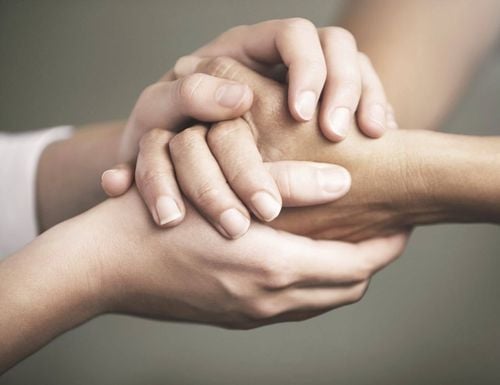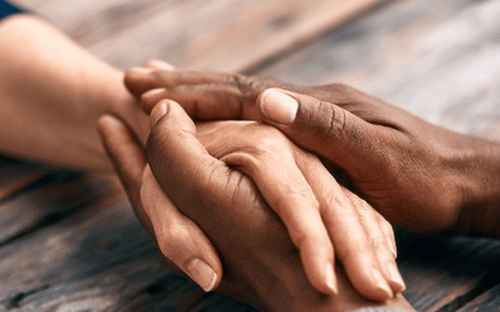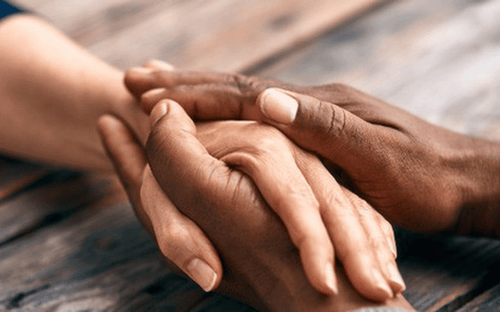This is an automatically translated article.
As you get older you may go through hard times alone. You will feel alone and you are the only person in the world who has to go through this hardship. The advice is not to let loneliness in old age affect you, seek help from relatives or from society.
1. What is loneliness in old age?
Researchers define loneliness as “perceived social isolation”. If two people have the same number of friends, spend time and talk about the same things, one person may feel completely satisfied while the other may feel lonely.
In other words, loneliness is a subjective feeling, it's a dark gap between the relationships you have and the relationships you want. This is why people of all ages tend to be more lonely when they have had more painful and less joyful relationships, are dissatisfied with their relationships or want more time. with friends.
Researchers have found that we tend to feel lonely at an older age.
2. As you get older, don't go through hard times alone. You may feel “alone in a group, alone in a family, alone among friends. Feeling emotionally unknown.
A support network can lead to a better journey and overall better health. Some people get the understanding they need from family and friends. But for others, a group of people facing similar challenges will provide more of what you need.

Các nhà nghiên cứu nhận thấy rằng chúng ta có xu hướng cảm thấy cô đơn ở tuổi già hơn.
Mutual support group or self-help group is a collection of people who meet to talk about a particular thing, be it a condition, health problem or something personal. People in these groups have the opportunity to spend time with people who know exactly what they're going through. You can compare notes and insights that you can only get from someone with deep knowledge of their subject matter.
Support groups have the following 4 basic features:
Members are experiencing the same or similar problem(s); Expect to give and take; The leader is the person inside the group; No fees or just low fees. There are both live and online support groups available for almost any situation you may encounter. To find a live group, you can search at:
Organizations dealing with your topic; Hospital; Church. Everyone wants something different, but here are a few things you'll want to know before joining a support group:
Will the team meet in a place that's convenient for you? Discussions are based on the solution of the problem you are facing; Is the membership of the group stable? Group members support or moderate the group; Anything discussed in the group is confidential. Some groups may have a psychologist or therapist affiliated with the group. The most effective groups have specially trained psychologists who give the group the tools to run on their own, but don't intervene on a regular basis.
If you don't feel connected to the group, you'll know it's not the right group for you.
Some other things to pay attention to avoid when choosing a group to join, including:
High fees; Pressure to buy products or services; A religious program that motivates members; The promise of a cure; One or two exclusive members in the discussion; Negativity has no solution; Large groups with short meetings. A good support group will have the following qualities:
Honesty leads to real intimacy; Acceptance and non-judgment; Empathy and the ability to express it. If you find like-minded people who share these qualities, you will feel safe and confident, which will reduce your chances of getting hurt. You know you've found the right group if you often leave at the end of a session feeling like you've had a truly emotional experience.
Please dial HOTLINE for more information or register for an appointment HERE. Download MyVinmec app to make appointments faster and to manage your bookings easily.
References: webmd.com, healthline.com













